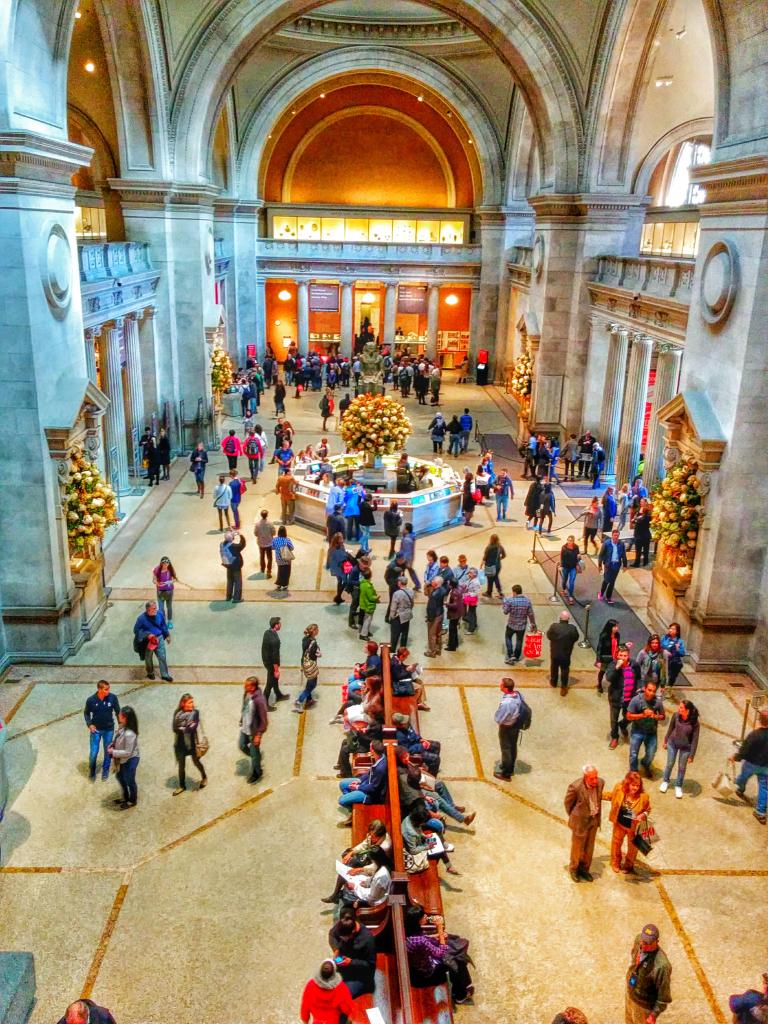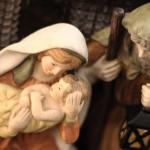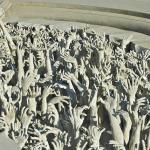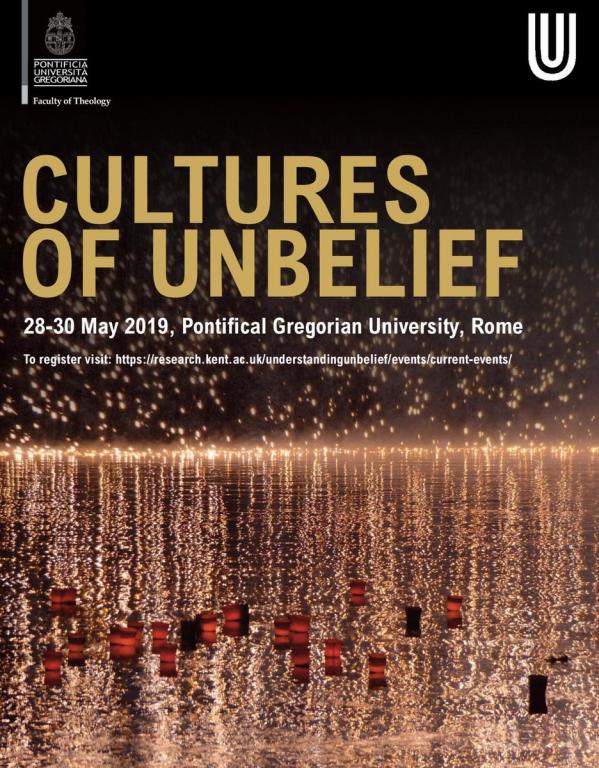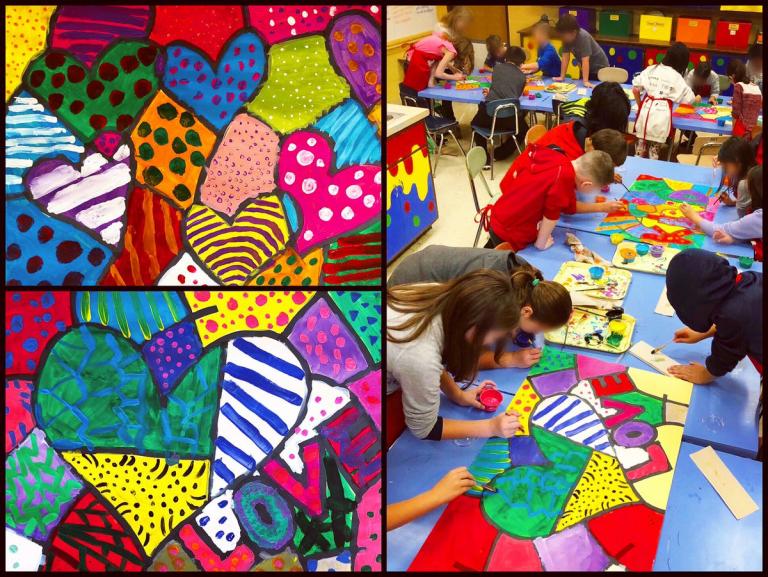In May of 2018, the Council on Foreign Relations organized a workshop on “Religious Literacy in Global Affairs,” as part of their Religion and Foreign Policy Workshop. The CFR Religion and Foreign Policy program serves as a resource for the faith community, bringing together congregational and lay leaders, religion scholars, and representatives of faith-based organizations for conversations on issues at the intersection of religion and global affairs. I daresay, it is a useful resource for nonreligious people as well. I was fortunate to take part and the subject and I wanted to share some insights from that conversation which has something to say to both secular and religious people.
The deepening divides across our cultural and religious identities as a nation does not take into serious account the blurring of lines between the secular and religious, as well as the important differences among religious believers who share the same faith, and among secular worldviews who share disbelief in divinity in a variety of ways. The manufactured hate of right extremist communities between races, cultures, and religions are very different in many ways, and yet they share a common symptom: populist resistance to the diversity of our country that is both secular and religious, multi-racial, and multi-cultural. In is in this mix that we see the source of power as a people that transforms communities throughout the nation.
For those of us active in interfaith dialogue and collaboration, how we help each other understand our religious and secular worldviews goes a long way to dispelling fear over the distorted ideas of each other. In doing so, we come to understand the necessary relationship of religious and secular sources. In fact, only a general understanding of beliefs and tenets are but a small fraction of what is required in interfaith literacy.
In the Religious Literacy Project of Harvard University, Professor Diane Moore asserts that there is a distinction between devotional assertions of religious belief from the faith practitioners and leaders, and the study of or engagement of diverse practices. She asserts that understanding the diversity within the same religious traditions is the way we come to religious literacy, and the same could be said for those whose worldviews of secular humanists, agnostics, and others.
We understand the power of both religious and secular points of view in human experiences by seeing that there is no singular assertion of what all Christians believe or Muslims, or any other religious tradition. As there are many “Christianities” and “Islams”, in turn there are many “Atheisms” and “Humanisms.” Understanding this diversity is a step toward understanding their role in the social and religious landscape of our liberal democracy.
Another important feature to understand about religiosity and secularity in the United States is that both evolve and change. Religious and secular expressions are culturally and historically embedded in the fabric of our communities, and in this way they may be understood as “living traditions.” They are not static belief systems, but faith tenets that seek expression in the ever changing social and political culture around it. It is the attempts at these expressions that underline how different one Christian can be from another, one Muslim from another, or one Atheist from another.
The ongoing changes in America’s religious identity can be seen, for example, in a recent study of the Public Religion Research Institute’s (PRRI) 2017 report, America’s Changing Religious Identity, directed by Daniel Cox, PhD amd Robert P. Jones, PhD. Similarly, Joseph Baker and Buster Smiths’ American Secularism: Cultural Contours of Nonreligious Belief Systems shows how changes to American society have fueled shifts in the non-religious landscape and examines the diverse and dynamic world of secular Americans.
Finally, the discussion also surfaced a fundamental fact about both religiosity and secularity in our liberal democracy, and that religions and secular worldviews are embedded in all dimensions of human experience and can’t be removed from their political, economic, social and cultural moorings. Religious and nonreligious often speak about each other as some how independent of the cultural shifts in the country and then tend to fall into distorted straw man caricatures about each other.
If we are interested in understanding the power of religion and secularity we must challenge the notion that these vital forces in our liberal democracy are either summarily positive or negative forces. Both of them are needed vital forces that effect all of our lives. It also debunks the idea that all people of faith or non-faith hold particular views of anything that may be in common, let alone the particular views of their own religious or secular belief.
Taking seriously the secular and religious forces that shape our country and how we come to understand them more deeply is a crucial part of citizenry. Neither one is going anywhere. In religious and secular literacy, the workshop conversations reminds me that we need to pay attention to the diversity of those representations, not necessarily to challenge the legitimacy of one or the other, but to actually look at their power, that their internal diversity does shape policy and the conversations about faith and secular life in the United States. Isn’t that what is at the heart of our liberal democracy, the richness and power of our diversity that seeks the common good?
__________________________________________
 FR. CARL CHUDY is a Catholic priest and member of an international Catholic religious order, the Xaverian Missionaries USA, who are very involved in interfaith and intercultural dialogue worldwide. He holds a Masters in Divinity from Catholic Theological Union in Chicago with a cross-cultural specialization, a Masters of Arts in Transformative Leadership & Spirituality from Hartford Seminary, and is presently a candidate for the Doctor of Ministry program at Hartford Seminary, Connecticut that will focus on religious and nonreligious engagement. He has worked with some local and national interfaith and secular associations, including the Yale Humanist Community, American Humanist Association, The British Humanist Association, and The Humanist Association of Scotland.
FR. CARL CHUDY is a Catholic priest and member of an international Catholic religious order, the Xaverian Missionaries USA, who are very involved in interfaith and intercultural dialogue worldwide. He holds a Masters in Divinity from Catholic Theological Union in Chicago with a cross-cultural specialization, a Masters of Arts in Transformative Leadership & Spirituality from Hartford Seminary, and is presently a candidate for the Doctor of Ministry program at Hartford Seminary, Connecticut that will focus on religious and nonreligious engagement. He has worked with some local and national interfaith and secular associations, including the Yale Humanist Community, American Humanist Association, The British Humanist Association, and The Humanist Association of Scotland.

